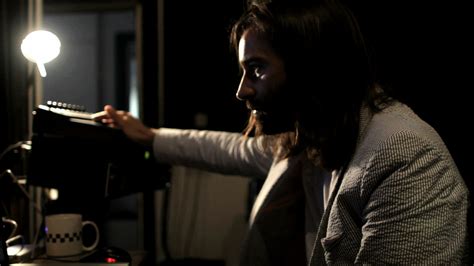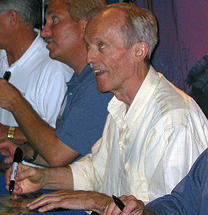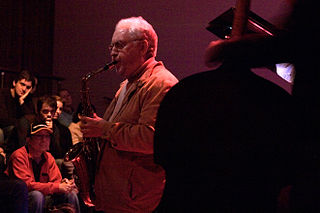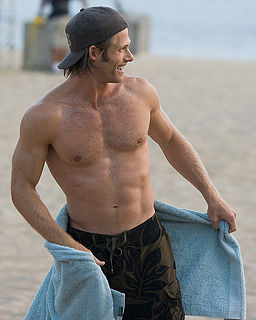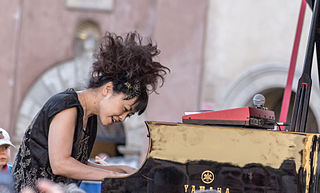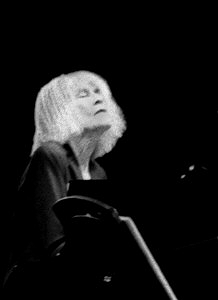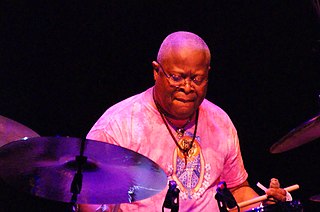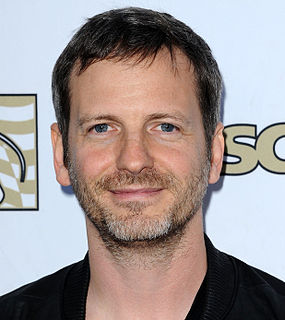A Quote by David Bowie
It's much easier for me to say that, the kind of music I didn't listen to was pretty much that. I mean everything, from jazz to classical to popular. And Tibetan horns were a great part of it in 1966, '67.
Related Quotes
The average age of the Jazz audience is increasing rapidly. Rapidly enough to suggest that there is no replacement among young people. Young people aren't starting to listen to Jazz and carrying it along in their lives with them. Jazz is becoming more like Classical music in terms of its relationship to the audience. And just a Classical music is grappling with the problem of audience development, so is Jazz grappling with this problem. I believe, deeply that Jazz is still a very vital music that has much to say to ordinary people. But it has to be systematic about getting out the message.
In terms of exploring an identity in the country music world, what I realized very quickly was that there are people who have been performing country music since they were kids. It's very much a part of who they are; very much that jazz and blues are a part of who I am, because I grew up listening to and playing that kind of music.
Some people dig jazz, some people dig classical music, some people dig rock. Everyone is so concerned about who they like. They always say, 'This guy is the best,' 'No, this guy is the best.' But I think everyone is great. I really don't have barriers to any type of music. I could listen to everything from metal to classical music to anything else.
I'm very much inspired by the Latin music, especially the romantic boleros. Not that when I sit to write a play I listen to boleros. But I think it's part of my DNA, it's part of my upbringing. I grew up in a house where this is the kind of music my parents used to listen to. This is the kind of music I would even hear in my neighborhood. I think that sort of romanticism is part of the culture.
Truth of the matter is, jazz is American music. And that doesn't mean bebop. Jazz is really about improvising. All the music that's been created in America has been pretty much improvised... Whether it's hillbilly or rock n' roll for blues, it's basically jazz music... It's basically about another way of hearing what comes out of America.
The use of rock, folk, or pop music serves a purpose. It gets people into the church. But an inexperienced guitar player who doesn't have much to say, for example, can make me wish to leave the church immediately, whereas one great jazz or classical guitarist can confirm that I will have a spiritual experience in the church.
The white music was melodic and pretty, and you had beautiful women's voices like Gogi Grant and even the Andrews Sisters. Then I went directly to rhythm and blues, which had beautiful voices but not much melody in particular and pretty much the same chord pattern. I loved it, I was entrenched in it, but then folk music came in the middle of that for me, and made its own path. And it was part of the rebellion against bubblegum music, or music that is pretty but doesn't say anything.

